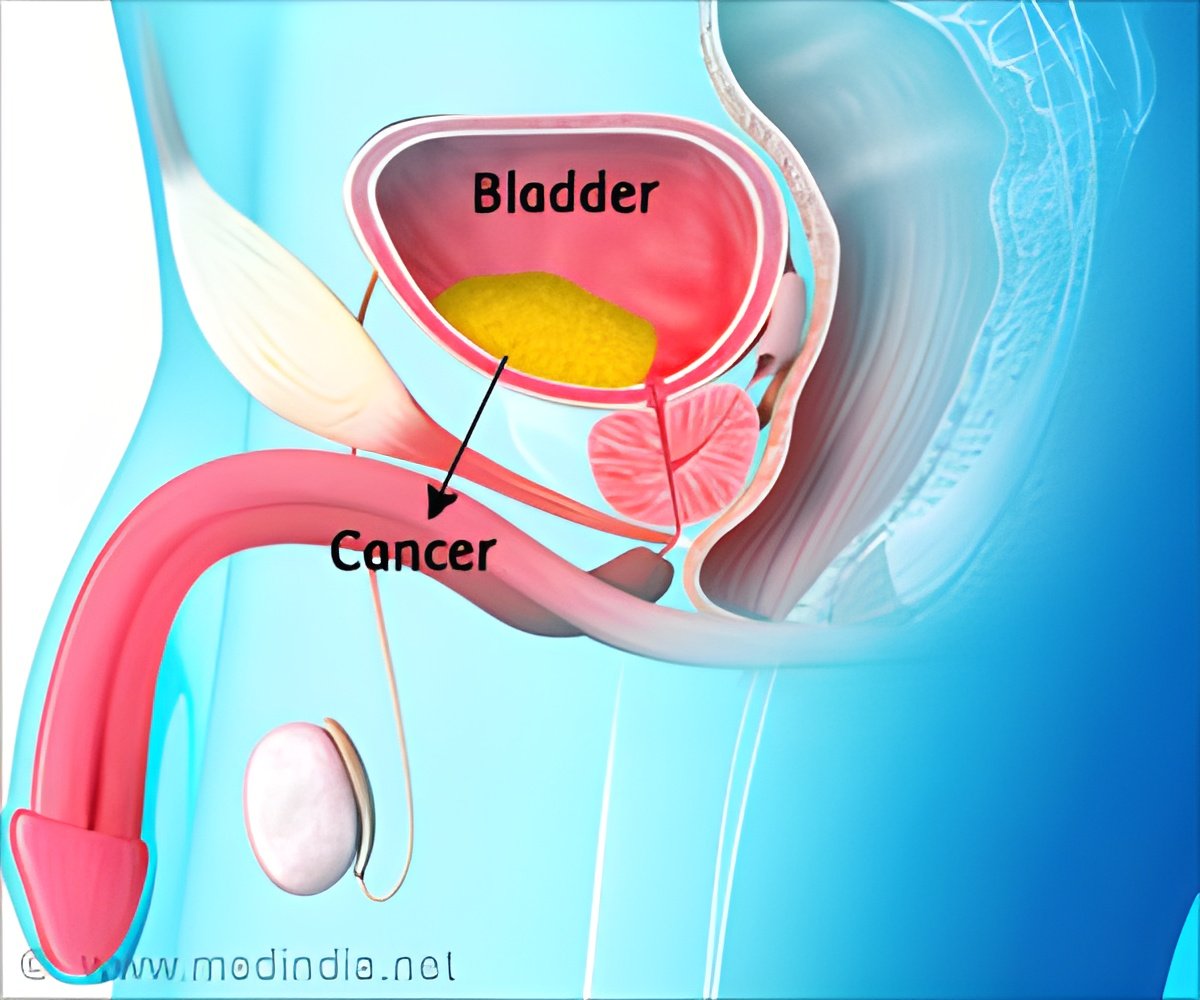Patients whose self-assessment of mental health was low suffered more high grade complications in the 30 days following radical cystectomy.
Removal of the bladder, or radical cystectomy (RC), is an effective treatment for locally advanced bladder cancer, but complications occur in as many as 66% of patients. A patient's mental health prior to surgery can influence postoperative outcomes. In a study in
The Journal of Urology, researchers found that patients whose self-assessment of mental health was low suffered more high grade complications in the 30 days following surgery than patients with higher self-assessments.
Scott M. Gilbert, of the H. Lee Moffitt Cancer Center, Tampa, FL, said, "Prior studies have suggested that poor baseline mental health can lead to more significant postoperative complications possibly due to impaired immune response associated with higher levels of stress. This may delay both wound healing and the ability to fight infection in the postoperative state, for example. Although self-appraisal of overall well-being may mediate physiologic responses to surgery, patient-reported health status has not been extensively studied among bladder cancer patients to date, and its utility in predicting postoperative outcomes, such as complications, has not been previously examined."
TOP INSIGHT
Patients whose self-assessment of mental health was low suffered more high grade complications in the 30 days following bladder cancer surgery than patients with higher self-assessments.
Using a quality of life survey, the Medical Outcomes Study Short Form (SF-12), patients appraised their own health and quantified the effects of disease and treatment on their overall well-being. The SF-12 is a standardized, validated questionnaire that measures composite scores for physical (PCS) and mental (MCS) components of health.
This study showed a relevant association between patient reported mental health status and high grade complications after RC for patients with bladder cancer. In 274 patients who had undergone RC and had completed the SF-12, MCS was statistically significantly lower in those who had a high grade 30-day complication rate (44.8 vs 49.8, p=0.004) but PCS was not (39.2 vs 43.8, p=0.06).
Dr. Gilbert said, "Recognition of poor preoperative mental health may represent a potential signal warranting more proactive recognition and assessment preoperatively."
Source-Eurekalert

 MEDINDIA
MEDINDIA




 Email
Email










